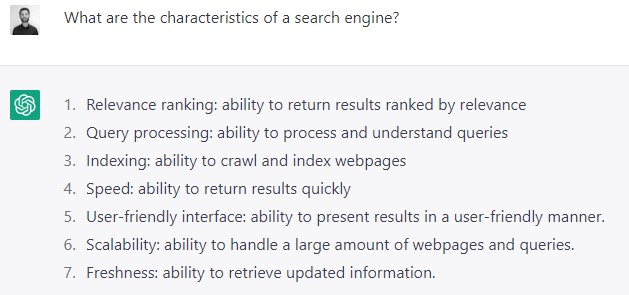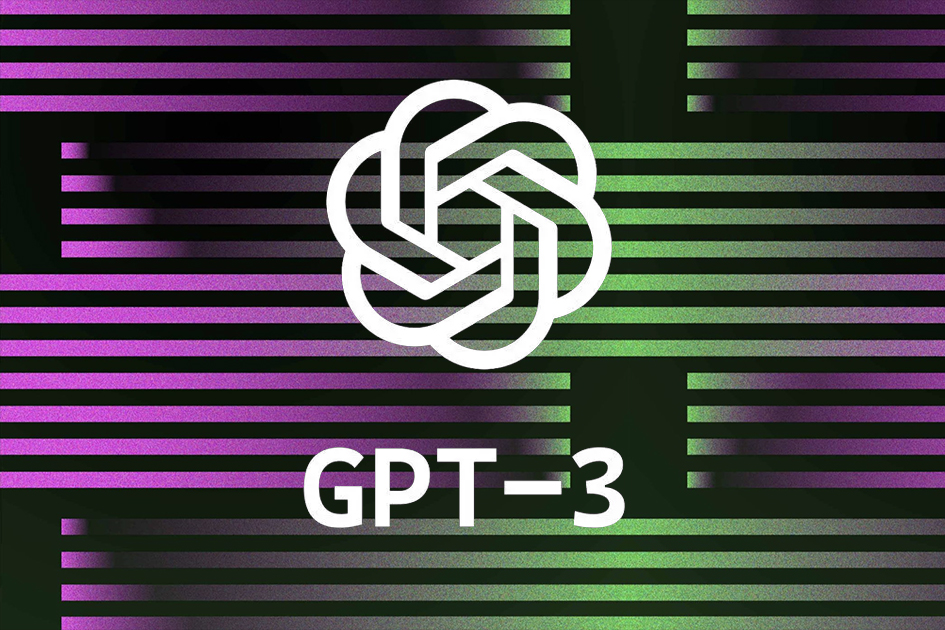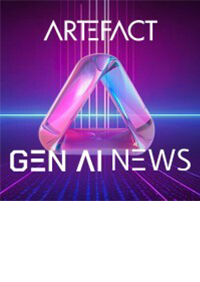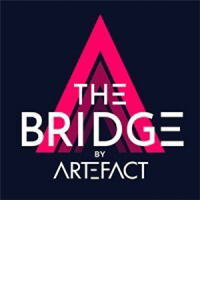At the beginning of December 2022, the general public discovered ChatGPT. One idea was often mentioned: can it replace Google as a search engine?
At the beginning of December 2022, the general public discovered ChatGPT— a simplified interface that allows users to easily use OpenAI’s technologies. The following weeks saw an outpouring of amusing examples, clever professional applications, but also hasty verdicts with no nuance or possible discussion. One of these announcements was that ChatGPT would replace Google.
Everyone has their own opinion when it comes to their personal and professional usage, but as experience has shown us, when a radical change to the general public’s daily lives is predicted, we are generally more excited than analytical.
Can ChatGPT fulfill the functions of a search engine like Google, and thus replace it in the general public’s daily use? Should we expect to integrate ChatGPT into our media strategies in order to reach our audiences?
How can we define a search engine?
It is, above all, a daily tool for most of the general public. Internet use has been mature for well over 15 years. The main innovations have mostly risen from social media, bringing some truly novel uses. A search engine fulfills the same use as it did at its inception: providing the results of an internet user’s query.
For the occasion, we can quote the clear and precise response from ChatGPT, removing a few repetitions: A search engine is a program that explores the internet, searching through web pages, documents, and other online content, in response to search queries submitted by internet users. We can summarize this in three main phases:

Comparing a Search Engine’s features with ChatGPT
Firstly, ChatGPT’s index was built from numerous and varied sources (articles, novels, film scripts, online conversations and web pages). It has the drawback of stopping in 2021, and has required substantial human validation by content moderators. Google’s mission is to index the web, striving to be as up-to-date as possible, in order to process the daily 15% of new queries.
It is unknown what criteria ChatGPT uses to rank its results when it is asked for a list (“What are the best music streaming services?”). The relevance of the results is therefore unclear to the internet user, and the rankings are impossible to work with for a brand, unlike working on SEO for Search Engines.
The most important pain point is the interface. A search engine serves its users. Its ergonomy is the result of decades of research and constant adjustments. ChatGPT offers an interface equivalent to a chatbot—the tool is first and foremost a demonstration of its language processing technology, capable of understanding complex and precise queries and responding in a conversational manner.
Last and not least, the results themselves are a problem: the tool generates its own answer. It does not cite its sources, makes mistakes, and gives inaccurate information. It is a unique point of view, and not a confident one: users can ask it to “Regenerate response” to give a different answer, which can give different results to an identical question. Google is cautiously working on becoming an answer engine, but under the control of its ranking algorithm. Google’s Featured snippets are extracts of the web page that it judges to be the most relevant, and the internet user then has the choice between the different web pages from the organic results.
Are internet users willing to replace Google with ChatGPT?
Competition can only happen in a portion of the service that a search engine provides. Only informational queries are addressed correctly by ChatGPT; transactional queries are by their nature out of its scope. This therefore limits ChatGPT to a very small percentage of queries compared to the current usage of Google.
Despite the perceived quality of ChatGPT’s response, the public is used to browsing web pages for information and having clear answers, rather than vague paraphrasing and the possibility to “Regenerate response”. Familiar environments with a well thought-out UX.
There has been a plethora of alternative search engines over the last 10 years, each with their own specificities (confidentiality, global searches, demagogy, meta-engines…) but none has withstood the judgment of the general public. Except for Bing, the default engine on many desktops, none has managed to gain more than 1% of the market share. Despite the pompous ambitions to break the web giants’ monopoly reinventing the search engine model, it is of course the internet users who decide if the legitimacy of a dominant actor should be challenged, through their own usage.
Synergy rather than a replacement?
Projections of what “the future of Google”, with ChatGPT integration might look like have been flourishing. In fact, adding a Chrome extension allows users to access the tool from within their search results in order to complete them. More officially, Bing has announced that they want to integrate ChatGPT into their engine, in order to provide more conversational responses to internet users. Beyond just the announcement effect to remind the market of their existence, Microsoft is one of the main investors of OpenAI, amounting to about 1 billion dollars. The advances in GPT-3, 3.5 and soon 4, are partially reserved for Microsoft, and progressively integrated into a variety of their products. A Bing improved by ChatGPT is therefore credible.
For professional use, OpenAI technology is nothing new. Its advances and interface which use AI algorithms in constant progression (GPT-2, GPT-3, Vinci) are known, exploited and enriched by sectors such as web copywriting and development, with varying success.
But for the general public and their search engine habits, this is not a likely alternative. ChatGPT is still a tool, limited in bandwidth and likely to become a paid service eventually. Announcing a revolution is just part of the game for the CEO of OpenAI, proud to have gained a million users in just 5 days, but a real lack of observation from the general media.
Not all revolutions represent progress, and destroying what has been patiently built with a trendy weeks-old novelty does not do internet users any favors. Just like with cryptocurrency, Web3 and its variants, those that call for an alternative to any dominant model have something to benefit from it. It is better to choose evolution over revolution, and adapt our search strategies to the former, rather than wish for the latter.

 BLOG
BLOG







